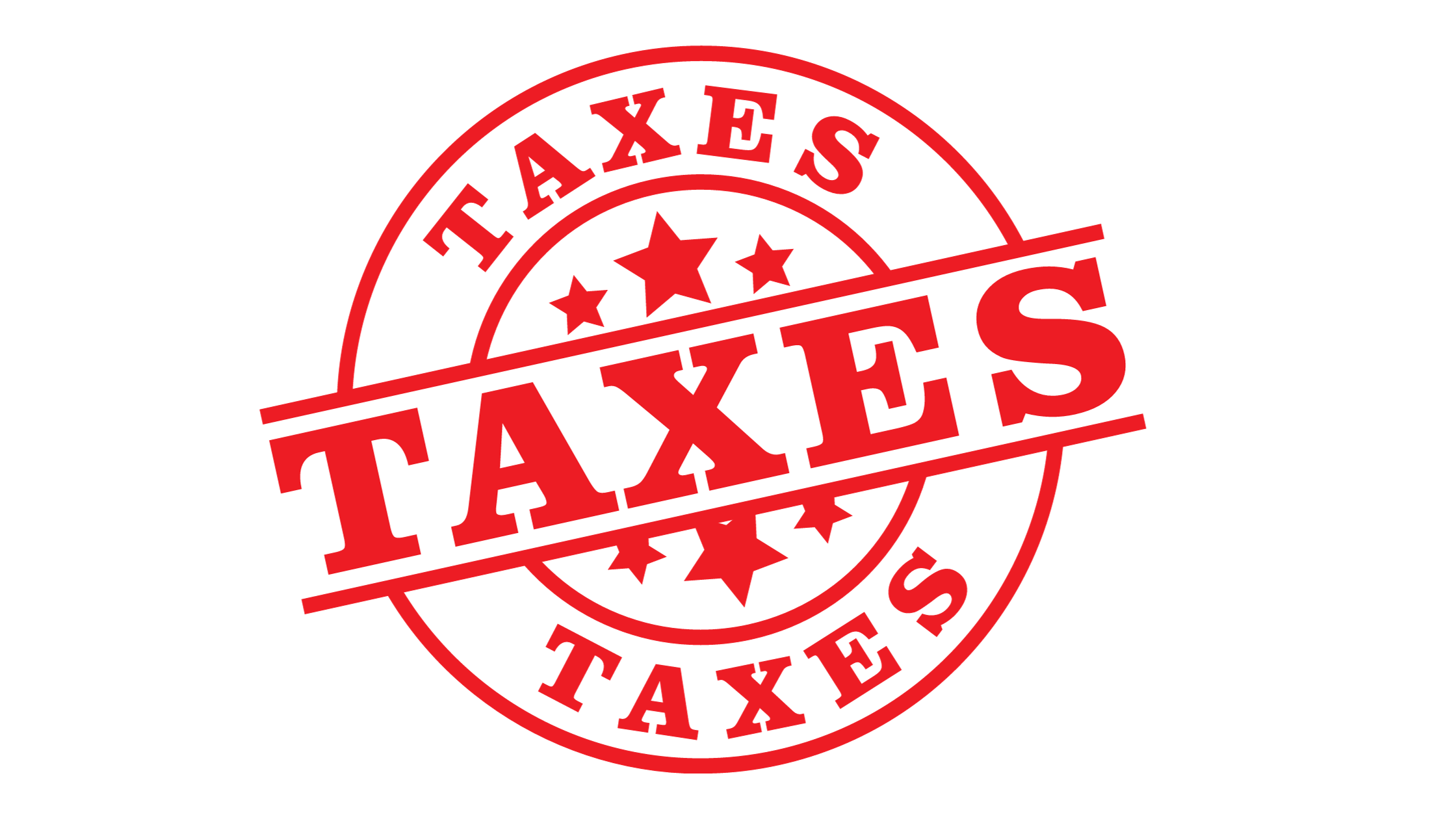Estonian E-Residency is a digital identity program that allows entrepreneurs and freelancers to establish and run a location-independent business from anywhere in the world.
With its supportive business environment, low taxes, and well-developed digital infrastructure, Estonian E-Residency has become an attractive option for many entrepreneurs and freelancers looking to expand their business globally.
In this blog post, we will explore the benefits and requirements of Estonian E-Residency and provide you with everything you need to know to get started. From applying for E-Residency to the tax laws and regulations and the steps involved in starting a business in Estonia, this guide will help you make informed decisions about whether Estonian E-Residency is the right choice for you and your business.
Estonian E-Residency is a digital identity program that allows entrepreneurs and freelancers to establish and run a location-independent business from anywhere in the world.
With its supportive business environment, low taxes, and well-developed digital infrastructure, Estonian E-Residency has become an attractive option for many entrepreneurs and freelancers looking to expand their business globally.
In this blog post, we will explore the benefits and requirements of Estonian E-Residency and provide you with everything you need to know to get started. From applying for E-Residency to the tax laws and regulations and the steps involved in starting a business in Estonia, this guide will help you make informed decisions about whether Estonian E-Residency is the right choice for you and your business.
What is an Estonian e-residency?
Estonian e-Residency is a government-issued digital identity program the Republic of Estonia offers. The program was created to provide access to Estonian services and benefits to people who do not reside in the country.
With an e-Residency digital ID, people can perform various online activities such as establishing and running a business, signing documents electronically, and securely accessing various e-services. The digital ID is based on public key infrastructure and meets the EU standards for secure digital identities.
Estonian e-Residency is designed for entrepreneurs, freelancers, and digital nomads who wish to access the benefits of the Estonian business environment, such as a transparent and efficient legal framework, a well-developed digital infrastructure, and a highly skilled workforce. The program is open to anyone, regardless of nationality or location.
How to apply E-Residency?
To apply for Estonian e-Residency, you will need to complete the following steps:
- Visit the e-Residency website: Go to the official e-Residency website (e-resident.gov.ee) and click on the "Apply for e-Residency" button.
- Fill out the application form: Provide the required personal information and upload supporting documents, such as a passport or ID card. You'll also need to pay the application fee.
- Background check: Estonian authorities will conduct a background check to verify your identity and ensure you meet the eligibility criteria for e-Residency.
- Receive your e-Residency kit: Once your application is approved, you will receive a notification via email. You will then need to visit a designated Estonian embassy or a police station to pick up your e-Residency kit, which includes your digital ID card and a USB card reader.
- Activate your e-Residency: Once you have received your e-Residency kit, you can activate your digital ID by following the instructions. After activation, you can use your e-Residency digital ID to access various e-services and perform online transactions.
Do Estonian E-Recidents need accounting services?
As a business owner, regardless of whether you are an Estonian e-Resident or a resident of Estonia, you may be required to keep accurate financial records and submit tax returns. The requirement for accounting services and the type of services you need will depend on various factors, such as the size and complexity of your business, the legal structure of your business, and the type of activities your business is engaged in.
You can manage your accounting and tax obligations independently if you run a small business with simple financial transactions. However, if your business is more complex or if you are not familiar with the local tax regulations, it may be beneficial to engage the services of an accountant.
An accountant can help you keep accurate financial records, prepare and submit tax returns, and ensure that you comply with all applicable tax laws. They can also provide advice on financial planning and help you make informed decisions about your business.
Whether or not Estonian e-Residents need accounting services will depend on their specific business circumstances. It's always a good idea to seek professional advice if you are unsure about your accounting and tax obligations.
What about taxes in Estonia?
Estonia has a straightforward tax system with low tax rates and a favourable business environment. The country has a flat corporate tax rate of 20% and a personal income tax rate of 20% for residents and non-residents. Additionally, Estonia has a value-added tax (VAT) rate of 20%.
Estonian e-Residents must pay taxes on any income they earn through their Estonian business. If your business has a taxable presence in Estonia, you are considered a taxable person and must register for VAT. You may be subject to Estonian withholding tax if your business is based outside Estonia but earns income from Estonian sources.
It's important to note that Estonia's tax laws and regulations are subject to change, and it's always a good idea to seek professional advice to ensure that you fully comply with your tax obligations.
Estonian e-Residents must pay taxes on their income following the local tax laws and regulations. The taxes you are required to pay will depend on the specific circumstances of your business and the nature of your activities. An accountant or tax advisor can help you understand your tax obligations and ensure that you comply with all relevant tax laws.
How to start a business in Estonia?
Starting a business in Estonia is a straightforward process, and the country has a supportive business environment with a well-developed digital infrastructure and low tax rates. To start a business in Estonia, you will need to complete the following steps:
Choose a business structure: Decide on the legal structure of your business, such as a sole proprietorship, a limited liability company, or a partnership.
Register your business: Register your business with the Commercial Register, which the Ministry of Justice maintains. You can complete this process online through the e-Business Register portal.
Obtain a business name: Choose a unique business name and check if it's available. You can check the availability of a business name on the e-Business Register portal.
Open a bank account: Open a bank account in the name of your business. You will need to provide various documentation, such as proof of identity and a copy of your business registration.
Register for taxes: Register for taxes, such as corporate income tax and value-added tax (VAT), with the Tax and Customs Board.
Obtain any necessary licenses or permits: Depending on the nature of your business, you may need to obtain additional licenses or permits.
Once you have completed these steps, you can start operating your business in Estonia. It's always a good idea to seek professional advice if unsure about any aspect of the process. Starting a business in Estonia is straightforward, with a supportive business environment and well-developed digital infrastructure. With an e-Residency digital ID, you can establish and run your business online, regardless of location.






